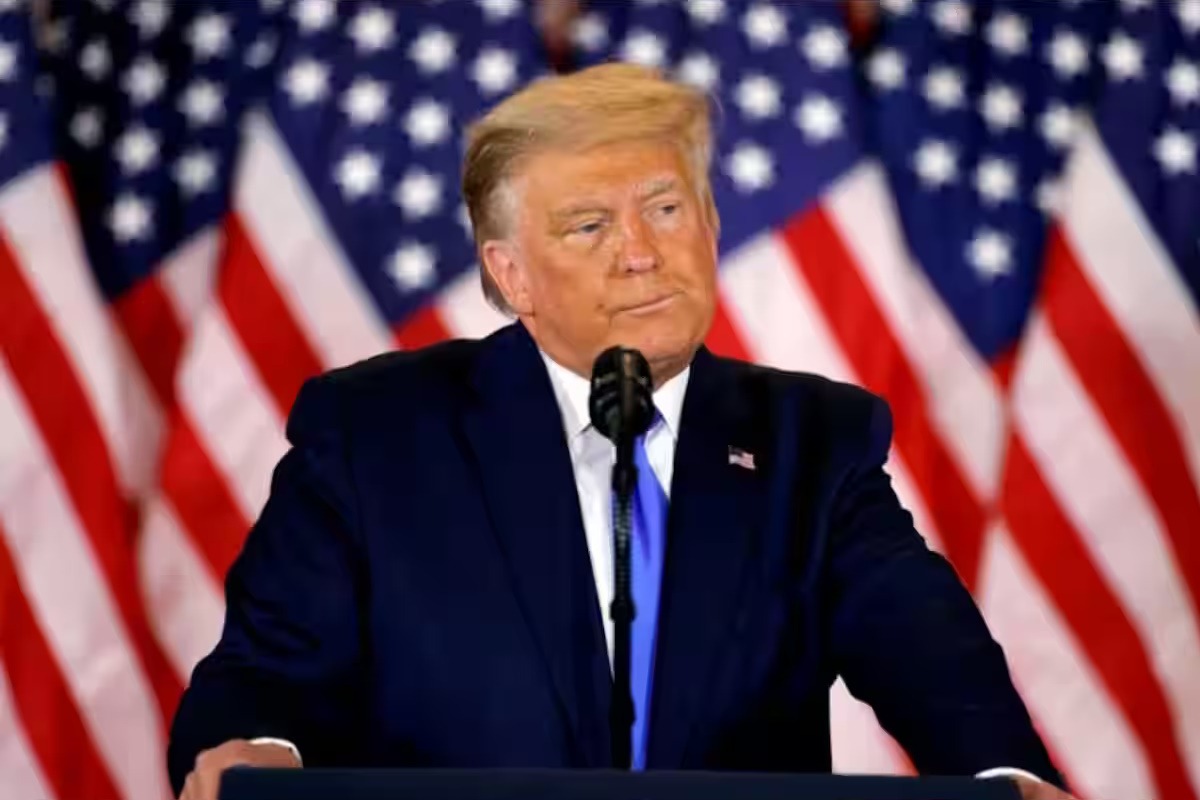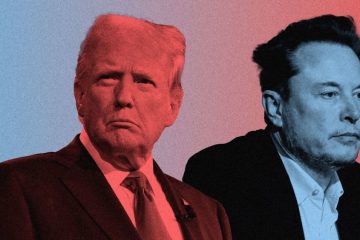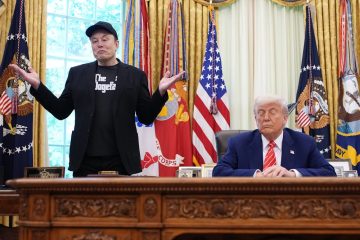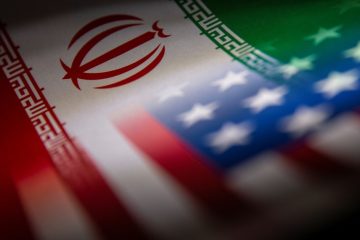Significance of the Supreme Court’s immunity ruling for Trump

The Supreme Court granted former President Donald Trump extensive safeguards against criminal prosecution, affirming that a president cannot be indicted for carrying out the duties specified in the Constitution and enjoys a presumption of immunity for other conduct undertaken during their tenure.
In the case of Trump v. United States, the court ruled that a president can face legal prosecution for actions that are not part of their official duties. Specifically, in Trump’s case regarding the 2020 election, the judge presiding over the trial must now determine the distinction between actions that are official and those that are private.
What was the reason for the Supreme Court’s decision to award immunity?
The court ruled that it is necessary to provide extensive protection to the president in order to enable him to carry out his official responsibilities without fear or bias, and to prevent his decision-making from being influenced by the possibility of being prosecuted. The court stated that criminally punishing a president for an official conduct would encroach upon the executive authority granted to him by the constitution’s separation of powers. The court rendered a verdict with a majority of 6-3, with Chief Justice John Roberts authoring the majority opinion and Justice Sonia Sotomayor penning a vehement dissent.
The opinion stated that such immunity is necessary to protect the autonomy and efficient operation of the Executive Branch.
What distinguishes official acts from unauthorized acts?
The visibility is poor. The court ruled that a president has complete immunity from legal actions related to their fundamental constitutional powers, which encompass acts like as issuing pardons, choosing cabinet members, conducting foreign affairs, and serving as the commander in chief. Any other information is considered privileged if it may be classified as being within the president’s scope of responsibilities. Presidents are afforded immunity from civil claims by the same broad criteria.
However, a court has the authority to establish that some actions, such as engaging in political discourse or soliciting donations for a campaign, can be considered as unofficial acts, for which legal protection does not apply.
What is the significance of the Jan. 6 case against Trump?
The case is in grave peril. The court dismissed certain aspects of special counsel Jack Smith’s lawsuit against Trump, including the allegation that he inappropriately attempted to exploit the Justice Department to promote his unverified assertions of electoral fraud in the 2020 presidential election.
The Supreme Court has stated that the trial judge must assess whether the charges in the indictment, such as Trump’s attempts to influence Vice President Mike Pence to change the election results, can proceed or should be dismissed on the grounds that they are related to his official actions.
The opinion said that whenever the President and Vice President discuss their official obligations, they are engaging in official behavior.
Such an occurrence might significantly delay the case for several months, and the court imposed numerous additional requirements on the prosecutors, making it quite improbable for a trial to take place before the November election. The court ruled that the judge is prohibited from inquiring about Trump’s intentions when establishing the official nature of an activity. Additionally, prosecutors are barred from using official acts as proof that Trump engaged in unlawful conduct through unofficial means.









